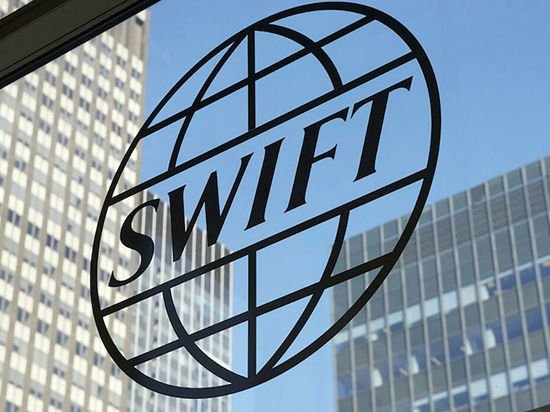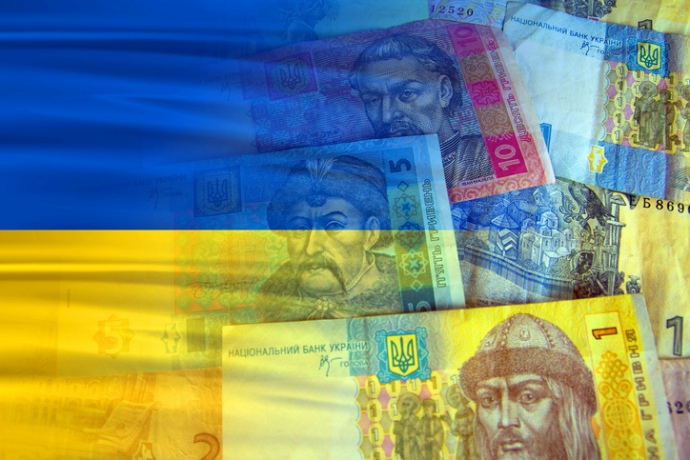Finance in Ukraine



In the world of financial relations, there are quite a few interesting terms. Knowing all of them is certainly not necessary, but understanding who an issuer is will be useful. After all, the issuer plays an important role in various financial instruments. When figuring out what an issuer is an...














The financial system of Ukraine represents a complex mechanism, incorporating various elements such as banks, financial institutions, the securities market, insurance, pension, and other funds.

Overall, finance in Ukraine remains a relevant topic, especially in the news stream. The most recent news regarding Ukraine's finances in recent years concerns the war, global crises in the world, and particularly in Europe.
News Finance Ukraine: What is Special About It?
Thus, finance in Ukraine has a direct impact on the country's economy. They also determine its ability to develop and adapt to internal and external challenges.

Investigating which news has been the most pressing in recent years, it is worth delving into the structure of the financial system of Ukraine:
-
Government finances. They include the budget, taxes, state loans, and expenditures. Government finances are the basis for implementing economic policies, financing social programs, and developing infrastructure.
-
Financial institutions and banks. The central element of the financial system is the banking system, regulated by the National Bank of Ukraine (NBU).
-
Capital market. It includes stock markets, the bond market, as well as instruments of debt and equity capital. In Ukraine, the corporate bond market, shares, and venture investments are developing, which influences the stimulation of private investments in the economy.
-
Insurance and pension funds. Insurance and the mandatory pension system are important elements, protecting the interests of citizens and ensuring long-term financial stability.
Recent events often pertain to this structure in combination with the influence of the war on the entire financial factor.

One of the key issues is the high dependence on external financial sources. Ukraine actively cooperates with international financial institutions such as the International Monetary Fund (IMF), the World Bank, the European Union, and others, which helps maintain economic and financial stability.

Another feature is the transition to a market economy, which began with independence in 1991. In the post-Soviet period, Ukraine faced numerous challenges in reforming its financial system, including combating inflation, privatizing state property, stabilizing the exchange rate, and creating new financial institutions.

In 2024, Ukraine continues to face a complicated financial situation, largely due to the consequences of the war with Russia, the destruction of infrastructure, and economic sanctions.




